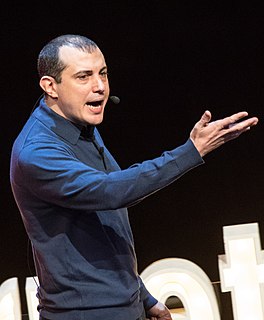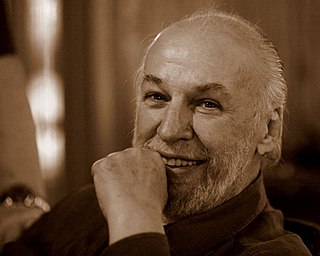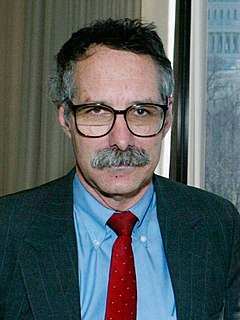A Quote by Evgeny Morozov
The decentralized nature of online conversations often makes it easier to manipulate public opinion, both domestically and globally. Regimes that once relied on centralized systems of media control can now deliver ideological messages more subtly, with the help of little-known intermediaries like anonymous commenters on websites.
Related Quotes
Jobs in the public sector are increasingly dependent on technology, and more and more government services are available online in developed and developing countries. Women who have ICT skills can help develop and deliver these services, even in places where the sexes are traditionally kept separate.
I realize that my opinion is my opinion, not everybody has to believe it and I never tried to shove anything down anyone's throat, but I was willing to take that to the trenches if you know what I mean. I took that opinion to the wall, often in public, often had to... I often had to fight in public with the very same people who I was trying to convince to play my records!
People prefer to be with people like themselves. For all the celebration of "diversity," it's sameness that dominates. Most people favor friendships with those who share similar backgrounds, interests and values. It makes for more shared experiences, easier conversations and more comfortable silences. Despite many exceptions, the urge is nearly universal. It's human nature.






































